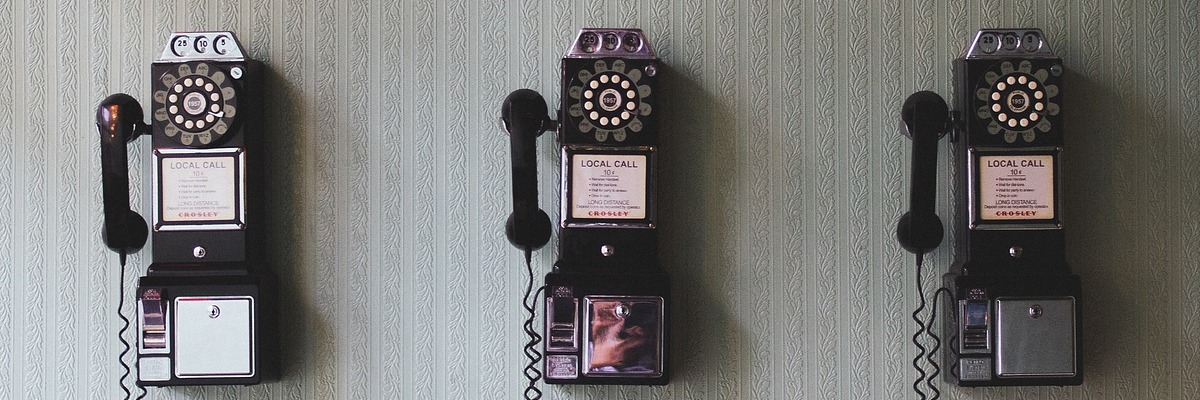Communication 101: How to Make a Complaint
The first tip about making complaints is perhaps an obvious one, but a difficult one to follow all the same: Don’t get angry. But there are some other easy guidelines to follow to help you to both stay calm and still get what you want.
A good tip is to sit down and prepare your complaint in advance of any phone call or face-to-face conversation. Make sure you have all your receipts and documentation. This will help you stay on track and prevent a customer service representative or a clerk from pushing you around.
Know your rights: Do a quick search to find out what organizations can help you find out your consumer rights. A company’s contract may have fine print, but fine print can be confusing, or sometimes even downright dishonest. So even if a company says that you can or can’t do certain things, it doesn’t mean that this is legal. There are many government-sponsored organizations that can help you.
Know what you want: If you purchase goods or services that are dissatisfactory and you would like to make a complaint, you should know beforehand what you expect in return. Do you want some type of monetary compensation? Maybe you would settle for a voucher? Or maybe you just want to let an organization know that you had a problem.
It is also important to make sure that you are complaining to the right person. While a waiter at a restaurant can inform the chef of your complaints, the waiter is not necessarily responsible for the condition of the restaurant bathroom, or whether the food is too salty. In this case, it might be appropriate to ask to speak to a restaurant manager. Likewise, if you purchase a product from a store, it is probably not the floor clerk that will help you get what you want. Ask to speak to customer service.
Probably the best tip is to write your complaints down. Keep a complaint diary. Write everything down that has happened both with the faulty product or service, and your treatment during the complaint process. Make a note of the names of all the people with whom you speak. Specific dates and times of problems or complaints are particularly helpful when arguing your case.
Also, if you send a complaint letter, make sure that your letter is well-structured and to the point. Include only copies of documents (keep the originals for yourself) and attach your complaint record.
And remember: If you don’t get anywhere the first time you make a complaint, try and try again. After all, the customer is always right – or at least, almost always.
Improve your formal English with a free Speexx Webinar.
